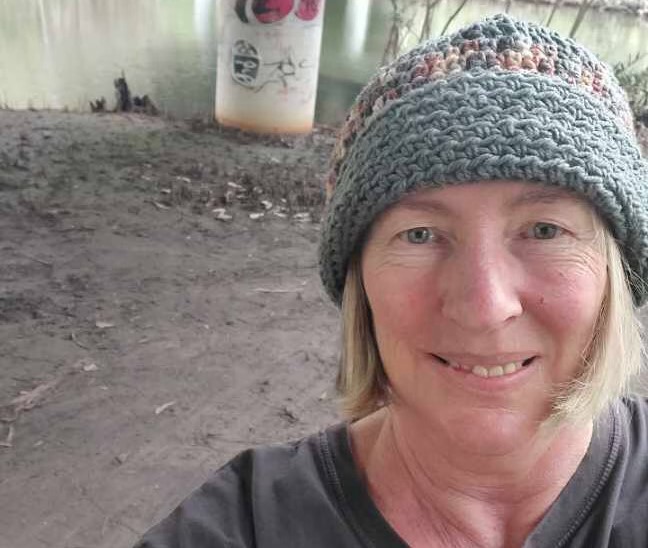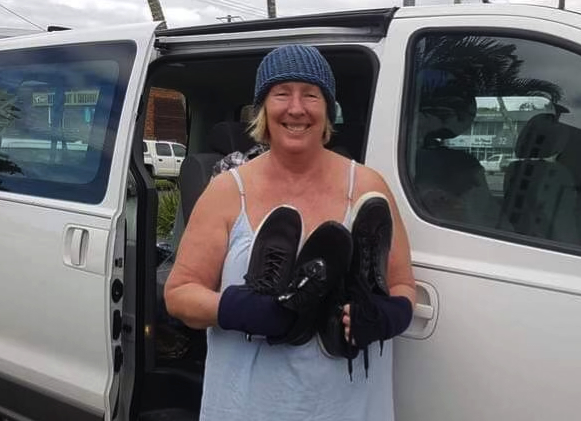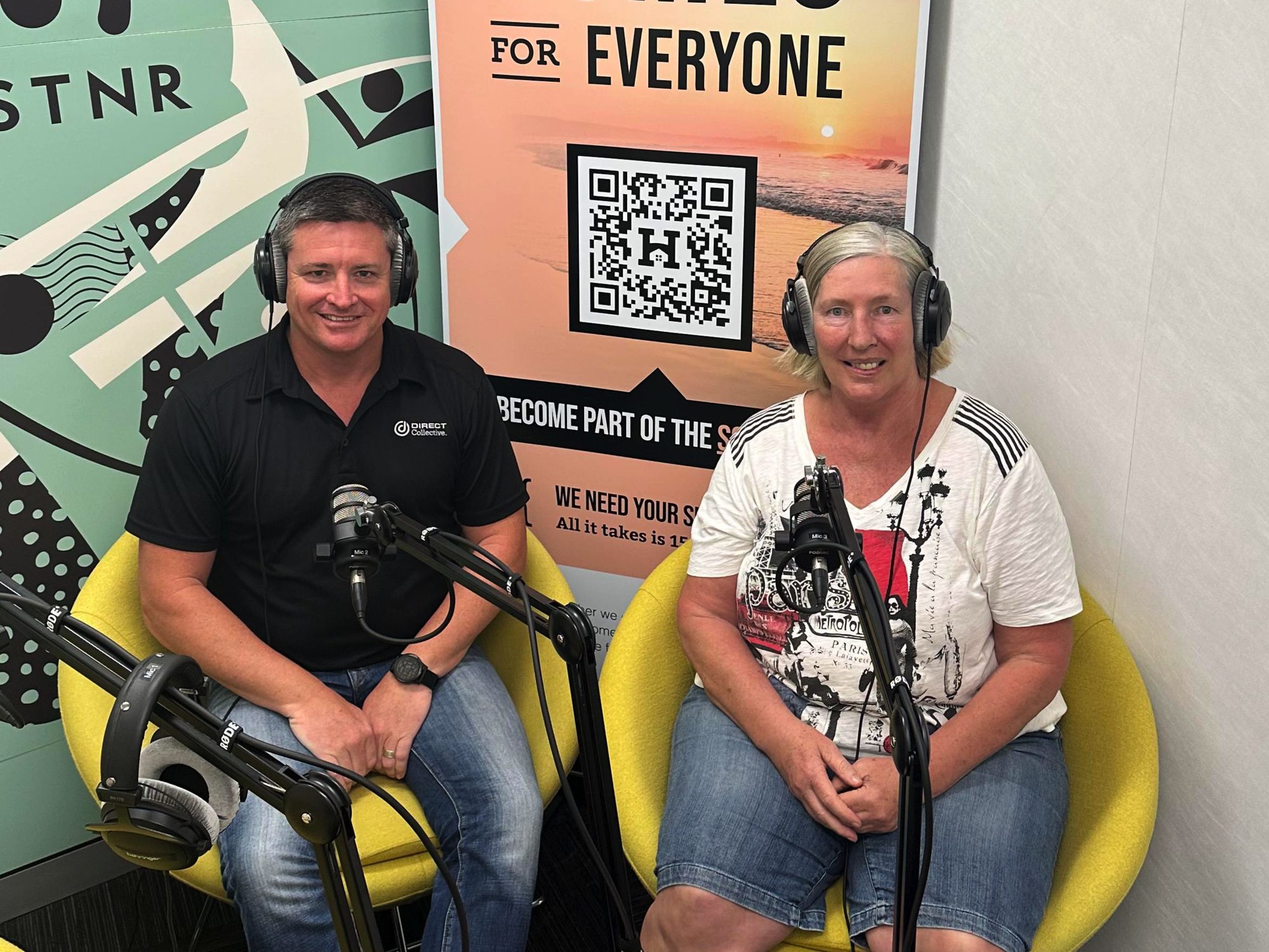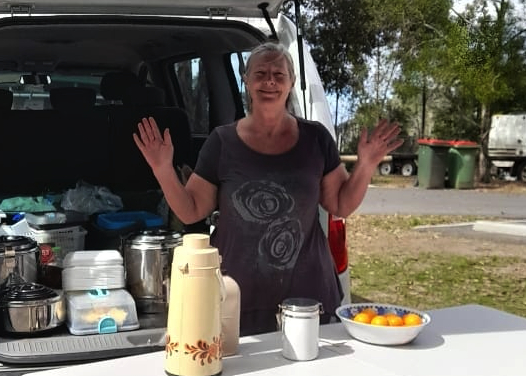A homeless outreach coordinator is sounding the alarm on the escalating homelessness crisis in the region.
Seven years ago Wendi Rampton started visiting Johns Landing at Cooroibah, where people of all ages are living in tents without access to power or water. She has donated meals and essential supplies three times a week.
She also receives a growing number of calls from people living in cars, single mothers couch surfing with their children, and individuals who can’t afford to pay their bills while putting food on the table.

“Several years ago, people used to assume the homeless are druggos, alcoholics or gamblers but now everyone knows someone who has struggled to find a rental so people are starting to put a face to homelessness,” she said.
“I’m seeing a growing number of aged people around 70-plus who have probably been renting all their lives and now they’re in their cars, they’re very scared and they don’t know how to approach organisations like mine for help. It’s terrifying for them.”
To combat the growth, Ms Rampton has assembled a dedicated team of volunteers who join her in visiting and caring for the homeless living under bridges and in remote areas.
“We’d really like more options on how to help these people,” she said.

“The number one need is of course accommodation, food and safety so we would like somewhere to temporarily house people who are feeling vulnerable and offer them somewhere to stay where they can feel secure, with a hot shower and decent meals.”
Wendi Rampton was sharing her views with local businessman Mal Cayley in the studio for Episode 10 of the Homes for Everyone podcast, which urges action in response to the growing needs of Sunshine Coast residents facing homelessness.
Mr Cayley said the latest Census data showed that in two years the number of homeless people on the Sunshine Coast has doubled.
“This means there are almost 3000 people currently homeless or immediately about to be homeless on the Sunshine Coast,” he said.
“At this rate of increase, within the next few months one per cent of the population will be homeless so it’s going to be at least a generation before we see that back in decline.”

Mr Cayley said more needs to be done.
“We have to deal with each of the causes, which starts with APRA (Australian Prudential Regulation Authority), the federal government, state government, council, community attitudes, planning, taxes and policies.
“It’s going to get worse before it gets better but it can be solved if we tackle those things and if politicians and decision makers at every level have the courage to learn, understand and act.”
The Homes for Everyone initiative is calling for people to put their digital hand up and demand housing solutions via HomesforEveryone.





